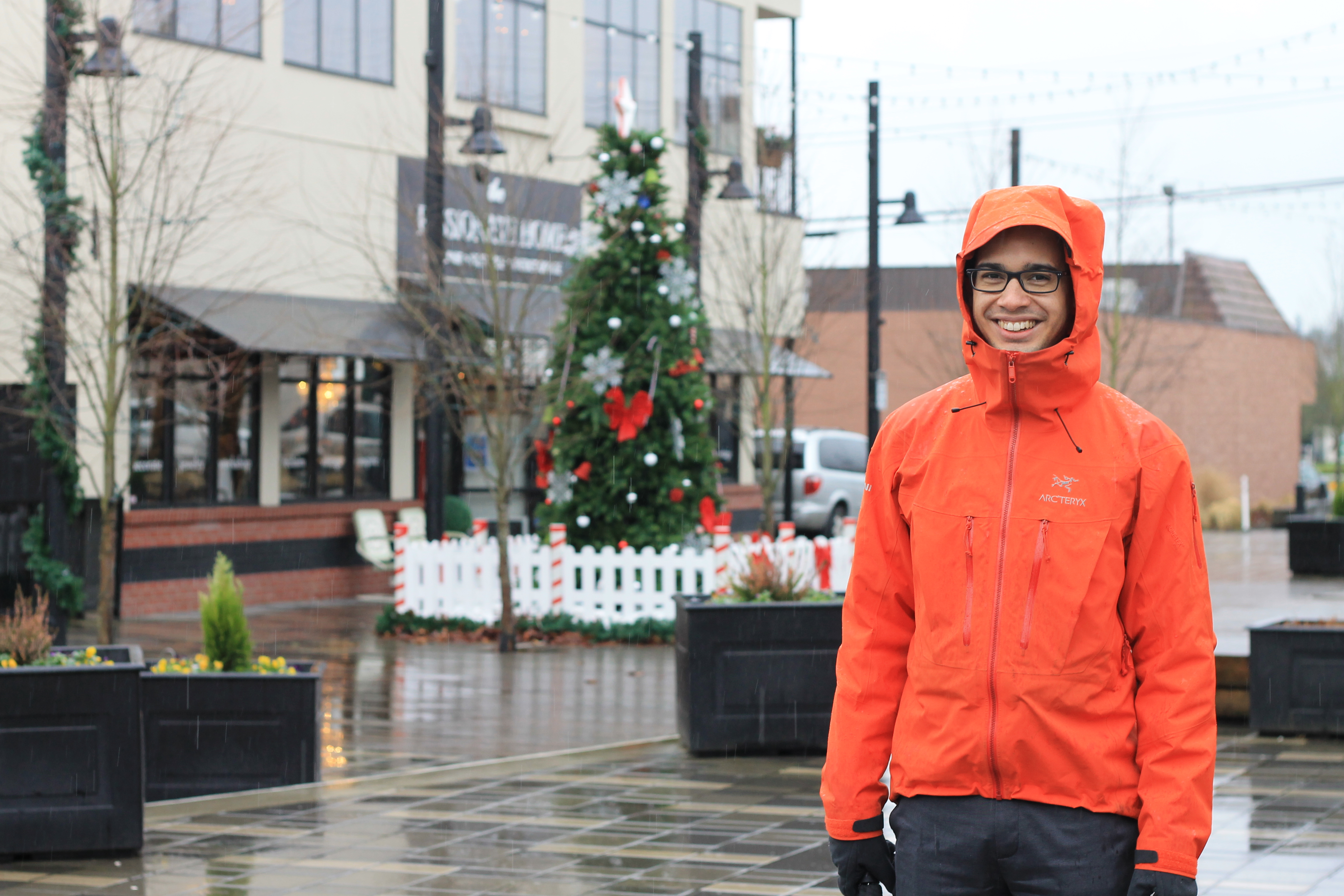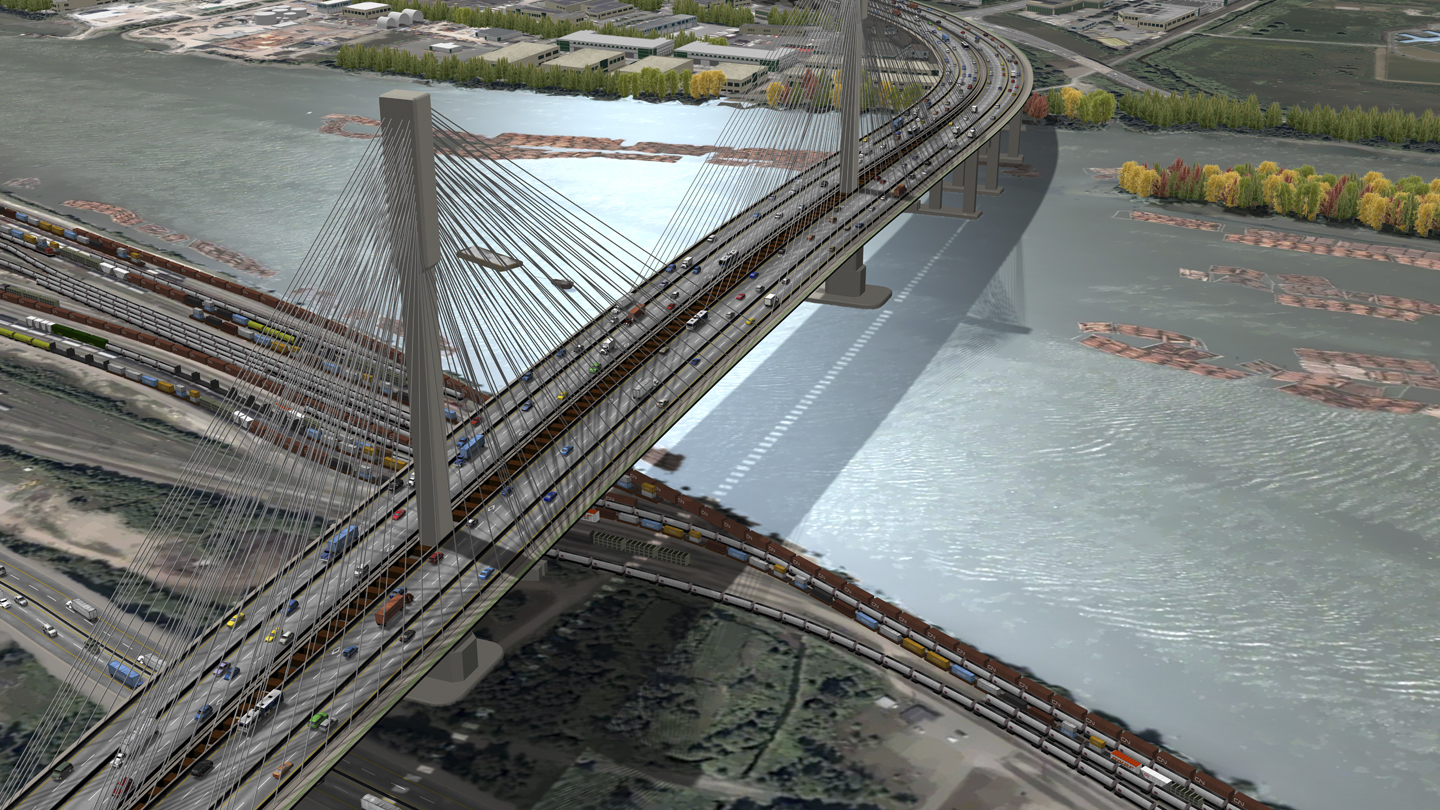Good morning! I’m Nathan Pachal.
I grew up in the Okanagan, but when I was a kid, my family would spend a part of each summer in Surrey and Vancouver. I remember using BC Transit buses from Fraser Heights to Guildford, then onward thru Whalley to catch the SkyTrain into Vancouver. I thought Metro Vancouver transit was the best thing ever.
When I’d get back to my own town of Vernon, I wished that our crappier version of BC Transit could be even a little bit as awesome as the Metro Vancouver system. I remember wanting a train that connected Kelowna and Vernon, but I digress.
I lived in Calgary for a bit, but moved to Surrey in 2003 when I got my first job working for a TV station that was located along the Langley Bypass near the Cloverdale/Langley City border. I quickly moved to Langley Township before settling down in Langley City.
Three things came together which caused me to become a bit of an activist for building an accessible region.
The first was a serendipitous encounter with the book Suburban Nation: The Rise of Sprawl and the Decline of the American Dream at Powell’s Books in Portland.
The second was one of Gordon Price’s famous lectures on motordom.
And the final piece was the provincial government’s announcement that they were going to widen the Highway 1 corridor from Vancouver to Langley which included the massive Port Mann Bridge.
For most urbanist and planner types in this region, the City of Vancouver is their frame of reference. 80% of the conversations about urban issues seem to centre on the City of Vancouver.
As someone who’s lived experience of this region includes the South of Fraser, I find this disappointing. About a quarter of the population actually lives in the City of Vancouver. More people live in the South of Fraser. This is one of the reasons why I started the South Fraser Blog back in 2008. I believe that how we build the South of Fraser has more of an impact on the future success of our region than how we continue to build the City of Vancouver.
Over the coming week, I hope to bring a difference cadence to Price Tags, and show you why I believe the South of Fraser is key to the continued success of the livable region.
PS: I’m running in the City of Langley By-Election for a seat on Council. You should check out my election site.
















Welcome, Nathan.
You’re right, Vancouver has about 24% of Metro Vancouver’s population but seems to get all the attention in the media. Price Tags does a great job and tries to cover other areas when it can. Interesting things are also going on in Surrey, Burnaby and other MV munis.
I look forward to your perspective and hope it’s relatively troll free. Price Tags in general is relatively troll free, I think, because of the general integrity of its posts.
Look forward to your perspective.
I would also welcome some analysis of skytrain verse LRT and politics’ of this. Thanks Nathan
@ N, I believe there is a role for both forms of rail. There is a need to have a good selection of tools in the toolkit: driverless grade-separated SkyTrain, several levels of LRT, every kind of bus, more bike options, and nmost importantly, to foster walkable neighbourhoods everywhere, from the core to the periphery.
I note that Toronto subway, Paris Metro and London Underground have discovered the advantages of automated train control, primarily for its ability to increase frequencies at little cost.
Hey Nathan, welcome! Good luck on your bid for Langley City council. Very few politicos are urbanists.
I have a city-suburban work history too and find it helps illuminate various opinions. Commuting for two years between the Granville Island area and Langley in the 90s set me dead against the wasteful Port Mann project, and all for increased transit options throughout the region with an accompanying land use response.
Though many view the city of Vancouver as the centre of the known universe, the lessons learned there are and have been very informative to many jurisdictions on the continent, notably regarding killing freeways and creating walkable high-density communities in the core. As an urban designer I know it can always be done better, but I do see Vancouver’s influence on far away places like Calgary. In terms of policies on CACs and density trade-offs, bike policies that dared to push aside the sacred cow of devoting exorbitant quantities of public land to private cars, and decreasing emissions and traffic to the core, Vancouver is light years ahead of other cities in the Metro, and indeed in Western Canada.